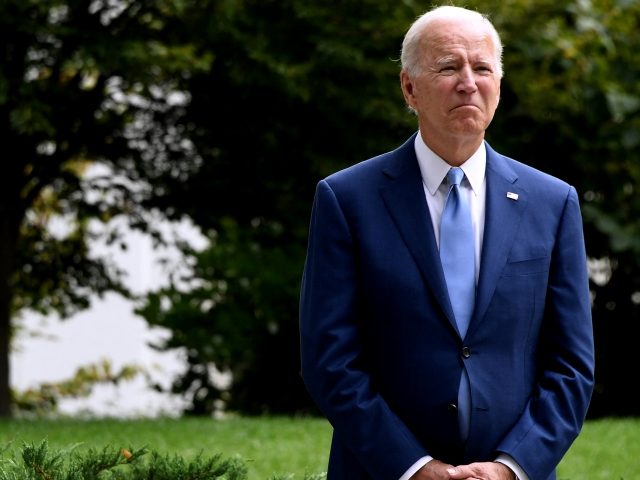The fall of new coronavirus infections gave a boost to consumer confidence in October but inflation fears are still rising, the Conference Board said Tuesday.
“While short-term inflation concerns rose to a 13-year high, the impact on confidence was muted. The proportion of consumers planning to purchase homes, automobiles, and major appliances all increased in October—a sign that consumer spending will continue to support economic growth through the final months of 2021,” said Lynn Franco, the senior director of economic indicators at the Conference Board.
The group’s measure of consumer confidence rose to 113.8 from an upwardly revised 10.9.8 score for September. The prior month had initially been reported as one half of a percentage point lower.
This was the first increase in consumer confidence following three months of declines.
“Consumer confidence improved in October, reversing a three-month downward trend as concerns about the spread of the Delta variant eased,” said Franco.
Franco described consumers’ appraisals of current business conditions as “mixed” for October. The share saying business conditions are good declined to 18.6 percent from 19.1 percent, while the share saying conditions are bad fell to 24.9 percent from 25.3 percent.
The share saying they expect conditions to improve rose to 24.3 percent from 21.7 percent. The share saying they expect conditions to worsen also rose, to 21.1 percent from 17.6 percent.
Consumers’ assessment of the labor market was moderately more favorable, likely reflecting the tight labor market and massive demand for workers from employers. The share saying jobs are “plentiful” declined slightly 55.6 percent. The share saying jobs are “hard to get” also declined to 10.6 percent from 13 percent.
The share saying that they expect more jobs in the months ahead rose to 25.4 percent from 21.3 percent. The share expecting fewer jobs fell to 19.3 percent from 19.9 percent.
Consumers were more positive about their short-term financial prospects, Franco said. Those expecting an increase in their incomes rose to 18.7 percent from 16.9 percent. Those expecting a decline were virtually unchanged at 11.3 percent, down one-tenth of a point from the prior month.

COMMENTS
Please let us know if you're having issues with commenting.